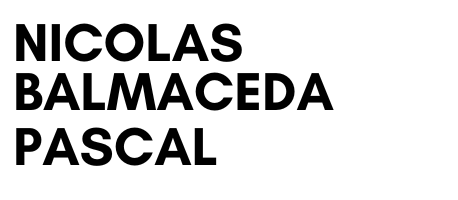The immediate effect of the cybersecurity problem on your dental practice is real and true. For example, an attack can bring down the website, preventing patients from booking online. A ransomware attack can block you from accessing patient data and delivering dental services.
And if the attack happens, you may have to pay for fines and fees, services for recovering the data and further to inform the patients too about the incident. Well, this is not just enough. However, Long term effects of cybersecurity problems on your dental practice can be as devastating as one has not thought of. Anytime more than the consequences from immediate effect.
That’s why it is important to use robust dental software that cannot be easily hacked or compromised.
Some of the most common impacts of attacks on your dental practice which highlight the security of cybersecurity in your dental practice are discussed below in this article.
- Financial impacts
There are various expenses which occur if there are any cybersecurity problems in your dental practice. There are various fines and fees such as HIPAA penalty. This is just the beginning. There will be a forensic investigation to determine the cause of data breach for which you will have to bear the charges.
The dental clinic will have to pay for mandatory credit and monitoring and other services for patients whose data was compromised. The average cost of breach for every customer whose data is lost is approx $150 per record. It can go higher if the data is stolen in a malicious attack.
- Labor cost and downtime
A cyberattack often leads to downtime which prevents you from giving treatments and service to patients on time and generating revenue. Days will go when you will just be recovering data and it will take time to be back to normal services. The loss of patients’ data may result in a bad impression and credibility as well as can impact the future. The remedial activities are time consuming and you may need to hire staff from outside to restore your system and retrieve data. Working with a PR consultant from outside may help you in regaining your reputation and trust for the community.
- Reputational damages
When you think of retention of clients in the service industry , trust plays a vital role. Same goes with dental practices when it comes to patient retention. Old patients or clients have different levels of trust and confidence on the service and they tend to spend more on the services and build the relationship for a longer term.
The reputation once tarnished by cybersecurity is very devastating. A study recently showed that 69% of consumers avoid the business where there is data breach while 29% said they would never visit again. These patients obviously tell others about their experience as word of mouth is the major player and that deters new patients from coming to your dental practice.
- Litigation issues
After any attack or theft the legal consequences can eat you and your dental practice up for years. Once the authorities are notified about the attack it may take over a year to conclude regulatory investigation. Civil lawsuits can take even more time as you navigate the evolving and landscape complex of privacy and data security laws.
Many times you may have to spend more on outside parties for conducting audits and providing extensive logs. This will lead to a lot of expenditure on your dental practice because of the attack.
- Ongoing theft
As the Personally identifiable information can fetch a good price on the dark web, hackers who have infiltrated your system can simply lay low so that they can keep stealing information from your system without you getting noticed. So conducting regular risks and vulnerability assessments is necessary in order to avoid these hackers.
The Bottom Line
Dental practices that use on premise dental practice management software are usually more prone to such malware attacks generally because they don’t have that capable in-house expertise to stay ahead of these attacks. That’s why most dental practices are switching to cloud dental software to alleviate the risk and prevent long term costs with HIPAA compliant.



